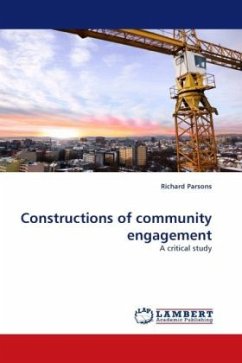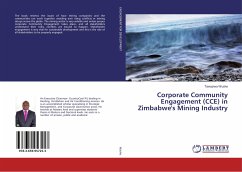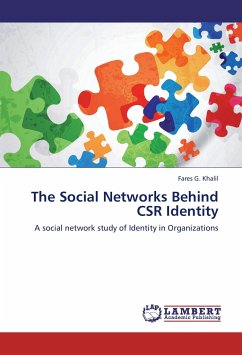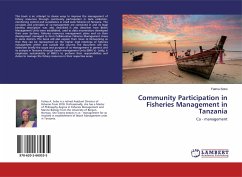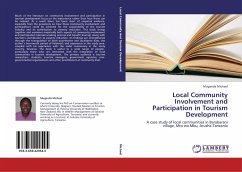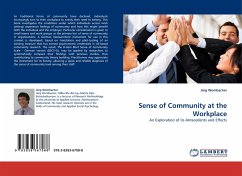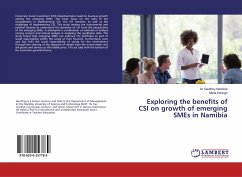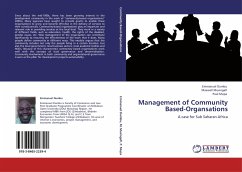Large corporations, and especially minerals companies, are today expected to 'engage' with local communities, as part of a broad trend towards sustainability and social responsibility. The term community engagement suggests a power shift towards a consensual, social union of corporate and community interests, in sharp contrast to the profit focus of shareholder-centred models of the corporation. This study unpacks the emerging discourse of community engagement, to consider what it means to some of the people doing it, and investigates how it is socially and discursively constructed. Firstly, using phenomenography, it explores how they understand community engagement at a local level. Secondly, using critical discourse analysis, it investigates how competing discourses construct these understandings. To provide a real-world context, the study considers contemporary and contentious issues in the Australian minerals industry: water use and Indigenous relations. It concludes that, if managers are to practise genuine community engagement, they must develop dialogic processes that actively engage with conflict, contradiction, and dissent.

